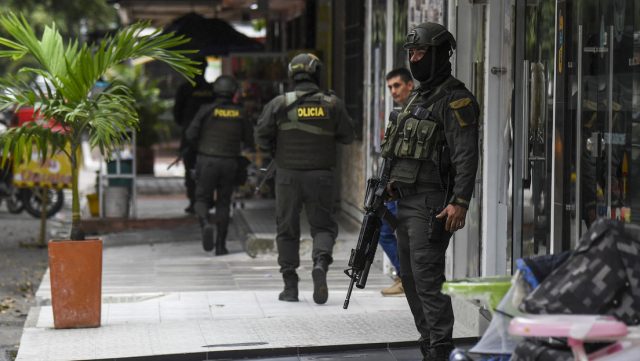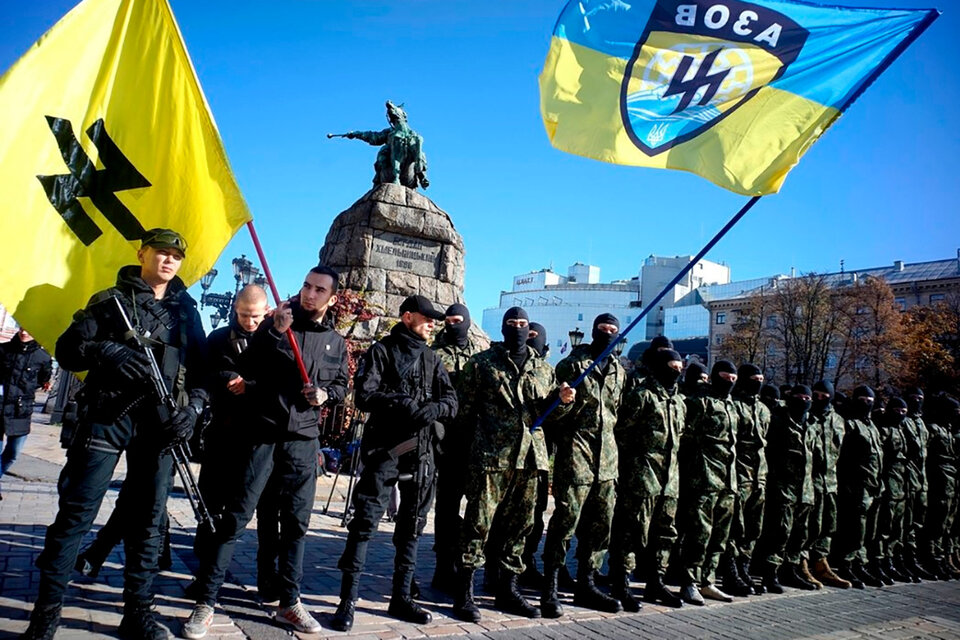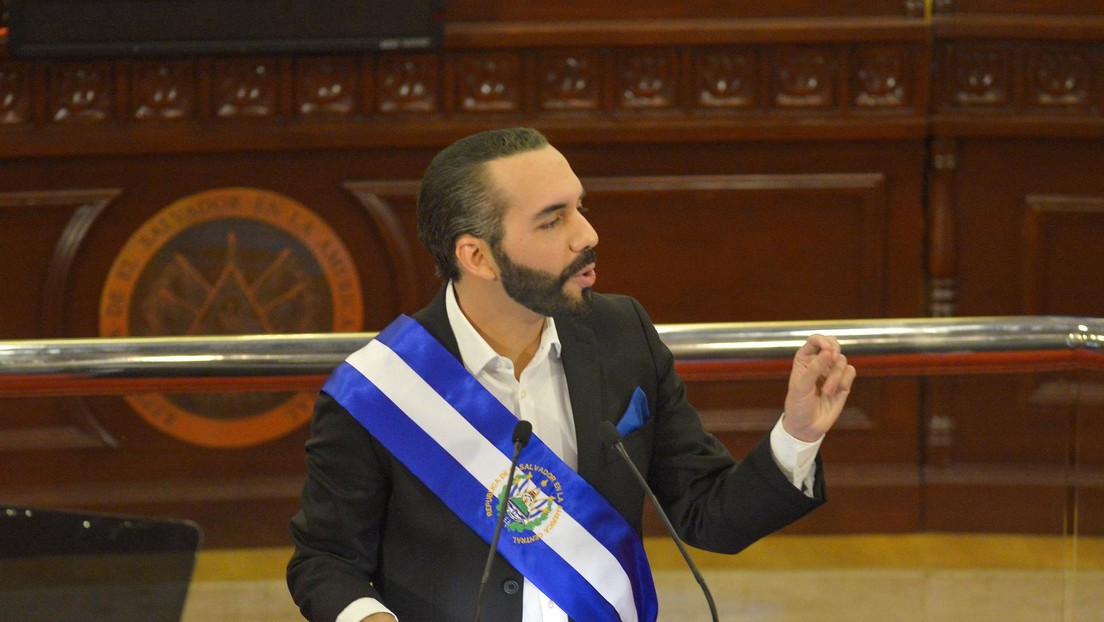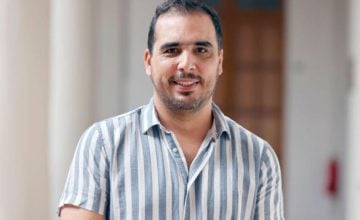Nearly 700 families residing in the department of Chocó, in northwestern Colombia, have recently been driven into forced confinement to avoid the violence installed in that region, after several days of armed clashes between members of the Clan del Golfo, the country’s largest drug-trafficking group, and members of the National Liberation Army (ELN), the last active guerrilla group.
Colombian senator Sandra Ramírez, a member of the National Political Council of the political party Comunes, denounced earlier this week that the Chocó region remains under siege with these families confined to their homes in the midst of a dangerous situation that still persists.
“Duque and his Minister of Defense [Diego Molano] minimize this humanitarian crisis, while the people of Chocó suffer from oblivion and total abandonment. The presence of the State is urgent», said the congresswoman about the delicate situation in that coastal region, a strategic area that is disputed by illegal armed groups because it has access to the Caribbean Sea, the Pacific Ocean and shares Colombia’s only land border with Panama.
Similarly, the senator and indigenous leader, Feliciano Valencia, told President Duque that «minimizing the situation of violence that the communities in Chocó are going through will not solve the confinements, displacements, disappearances and murders» and that this region needs the «integral presence of the State» and «not the continued abandonment» of the government.
The delicate situation in Chocó, which includes in its territory basins of important rivers and the Darién jungle, dominated by illegal groups that also carry out human trafficking taking advantage of the circulation of thousands of migrants, is part of a long-standing conflict led by paramilitary groups and criminal gangs dedicated to drug trafficking such as the Clan del Golfo and their confrontation with the ELN guerrillas.
Last week, a group of bishops from the Catholic Church called to address the critical humanitarian situation suffered by the inhabitants of those departments, stating that more than 70% of the civilian population was in danger and that an urgent dialogue was needed to address the dramatic situation.
«It’s false» says the Minister of the Interior of Colombia
Last Friday, the Interior Minister of the Duque government, Daniel Palacios, in a brief visit to Quibdó, the capital of that department, told local media that the situation in Chocó was not so critical.
«Stating that 70% of the population of Chocó is at risk is false. It does not correspond to the reality or to what the Ombudsman’s Office has said at the national level», the minister assured the media, while the lockdowns and clashes between armed groups continue.
During his visit to Quibdó, Palacios held a security meeting with police authorities and announced a «Comprehensive Intervention Plan, with more than 160 additional police officers to combat homicide and dismantle criminal gangs».
“The national government is present and will continue to guarantee the safety of the Chocoanos. […] Our message is clear: Humanitarian attention for the displaced and public force for the bandits!”, said Palacios.
After denying the crisis, the bishops and social organizations of Chocó decided to cancel the meeting that they were going to hold on Saturday with Minister Palacios to address the humanitarian situation in the area, because the position of the Duque government made them see that it was not the time for the dialogue.
«Absurd and contradictory»
After the questionable statements by Minister Palacios, the Association of Representatives del Chocó issued a statement rejecting the statements of the high-ranking official of the Duque government, calling them «absurd and contradictory», and supported the warning given by the bishops days before about the humanitarian drama in Colombia.
The officials, who act as representatives of the Public Ministry, also considered that the position of the Colombian Executive is a «disrespect» towards the Afro and indigenous communities, who «are exposed to the actions of the illegal armed groups, who use their territories as shelter and supply zones, in the absence of the State’s presence».
In addition, they reiterated that the humanitarian crisis that this department of Colombia is going through is marked by «confinements, individual and massive displacements, psychological, health and educational effects on children and adolescents», as well as the «serious situations that occur daily in the municipalities», and which are verified, everyday, by them when taking statements and testimonies about the facts.
Colombian media reported last Monday that the complicated situation in Chocó has intensified after more clashes were recorded in the San Juán Coast, and that shortages are already beginning to be generated in the region.
Cleider Palacios, a representative of the Coast of San Juan, told Caracol that the affected families are distributed in the communities of Tordó, Pángala and Copoma. «There is a shortage of supplies because they don’t have a way to move down to Calima, which is the area where they can buy food because in that area there is a strong presence (of the illegal groups) and the threat of clashes at any time», explained Palacios.
For his part, the Secretary of Government of the San Juan Coast, Leiner Yamith Largacha, pointed out that river transport has also been affected due to intimidation by illegal groups, which has caused a 90% reduction in this type of transport, hindering the entry of food, medicine and the free movement of citizens in Colombia.













